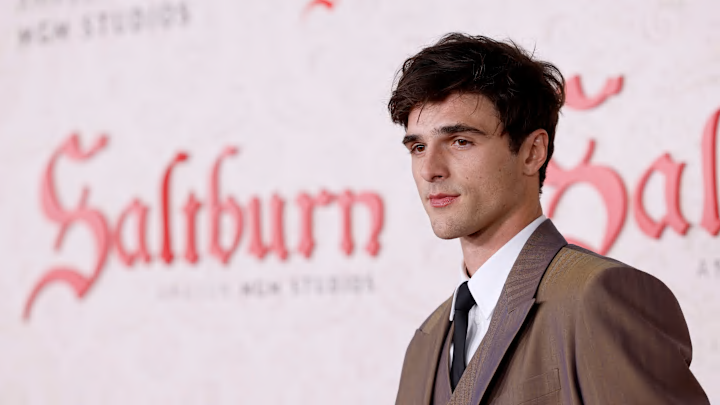Emerald Fennell’s recent decision to cast Jacob Elordi as Heathcliff in her upcoming Wuthering Heights adaptation has sparked a lot of debate in the UK. According to Deadline, Elordi and Margot Robbie will be starring as Heathcliff and Catherine Earnshaw, with Fennell taking on writing, directing, and producing duties. Filming is set to begin in the UK next year.
Heathcliff’s ethnicity in Emily Brontë’s 1847 novel has always been a topic of discussion. Described as a “dark-skinned gipsy” and found abandoned as a child at the slave port of Liverpool, many believe Heathcliff is likely not white. This racial ambiguity isn’t just a minor detail; it plays a significant role in his story, contributing to his mistreatment and status as an outsider. Given the already limited representation of minor ethnicities in media, casting a white actor for such a complex and potentially non-white character feels like a missed opportunity.
Michael Stewart, director of the Brontë Writing Centre, acknowledged this, telling The Daily Telegraph: “With Wuthering Heights, you’ve had many years of white actors playing the more ambiguous ethnic character… But things are different now, the way we represent certain people in art and culture comes with a responsibility now that wasn’t there 20 years ago.” And he’s right; cultural context has shifted significantly, and there’s a growing understanding that casting should reflect the character’s identity, especially when it’s such a key part of their narrative.
Historically, Heathcliff has been portrayed by white actors, like Tom Hardy in the 2009 ITV adaptation. However, Andrea Arnold’s 2011 film broke this mold by casting James Howson, a Black actor, bringing new dimensions to the character’s outsider status and how he’s perceived by others in the story.
Dr. Claire O’Callaghan, editor-in-chief of the official journal of the Brontë Society, weighed in as well, expressing concern that casting a white actor “overlooks the ambiguity that’s there.” Many fans and critics feel that this ambiguity is crucial to understanding Heathcliff’s place in the world of Wuthering Heights. It’s not just about appearance—it’s about what his ambiguous ethnicity symbolizes in a story deeply entwined with themes of social exclusion and racism.
The backlash on social media has been intense, with many arguing that this choice could dilute the impact of Heathcliff’s character. One viral post pointed out, “Heathcliff is described as a dark-skinned brown man in the book and a major plot point is that he was subjected to racist abuse by his adopted family. But yeah sure, Jacob Elordi is perfect!” Critics like Clarisse Loughrey have also questioned whether the book was actually read before making this decision, while others, like Gavia Baker-Whitelaw, commented on the superficial casting choices that seem more Instagram-friendly than faithful to the source material.
Wuthering Heights is more than just a tragic love story. It’s a complex tale of social inequality, love, and revenge, set against the harsh backdrop of the English moors. Heathcliff’s ambiguous origins and the discrimination he faces because of them are central to his character and the novel’s themes. Casting a white actor like Elordi risks losing some of the narrative’s richness and the opportunity to engage with these themes in a more meaningful way.
Fennell’s team hasn’t responded to the criticism yet, but it’s clear that this casting has sparked a broader conversation about authenticity in storytelling and the need for more thoughtful representation in film and TV adaptations.
